Biogas: A Reliable Cooking Solution Tackling Climate Change
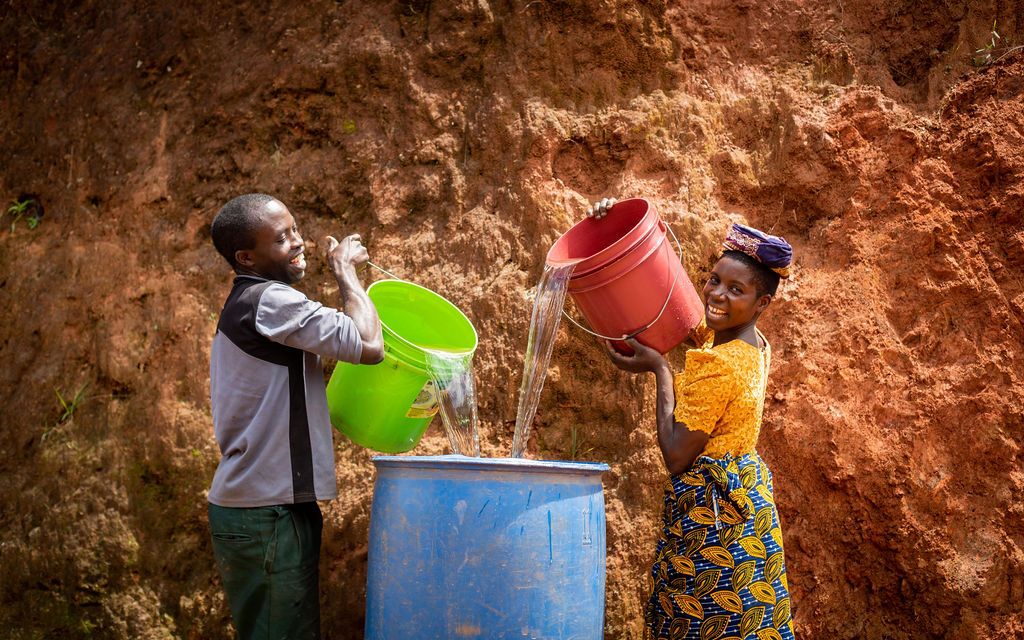
In rural Tanzania, over 70% of the population are estimated to lack access to electricity. As a result, firewood, charcoal, and kerosene remain the primary sources of energy for cooking and lighting. This heavy reliance on firewood has placed immense pressure on the country’s forests, disrupting rainfall patterns and exacerbating climate change. Biogas offers an efficient and practical alternative, reducing both carbon footprints and the burden of firewood collection for rural households.
BIOGAS DEMONSTRATION PLOTS: PAVING THE WAY FOR CHANGE
The initiative for coffee & climate (c&c) has established biogas demonstration plots in rural Tanzania to showcase the benefits of biogas at the household level. These plots promote biogas as a practical, climate-friendly, and cost-effective alternative to firewood.
At Chibila, in the Southern Songwe region, the Mtafya family has embraced biogas technology. By installing a biogas digester that runs on cow dung, they have significantly cut energy costs while also reshaping household responsibilities.
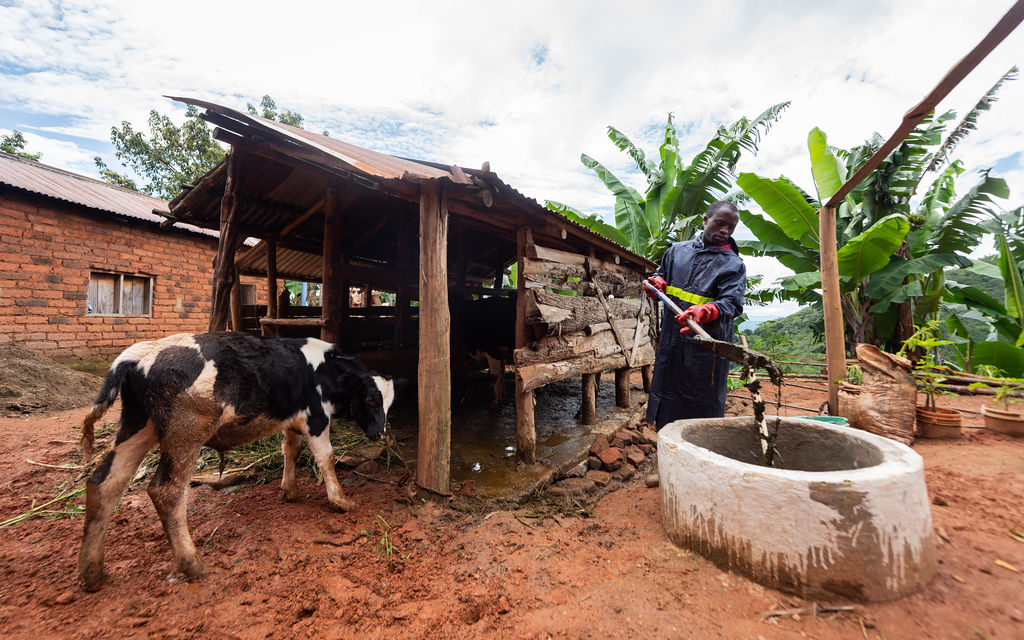
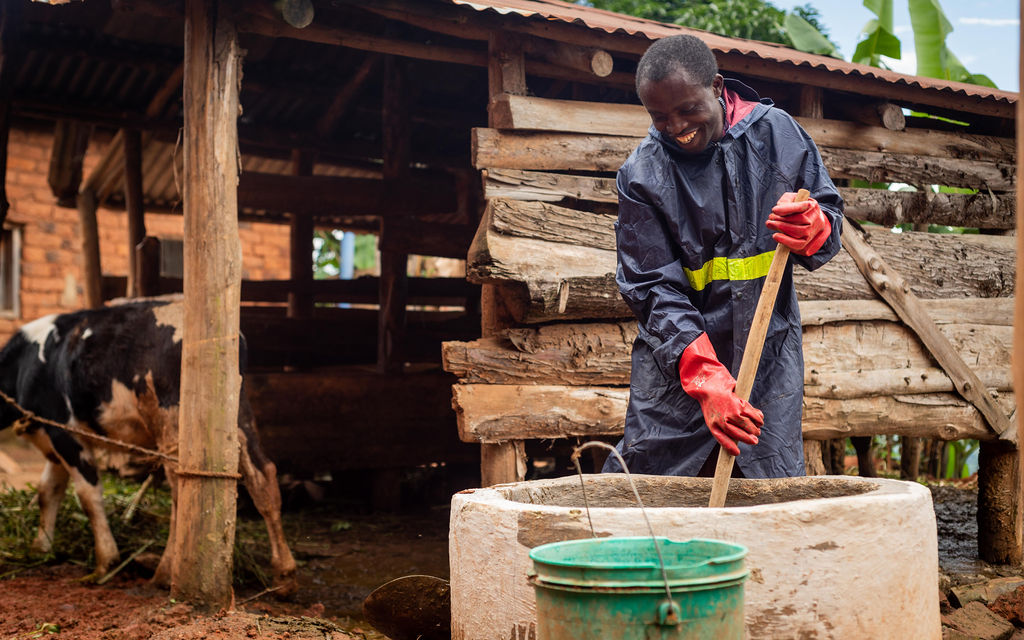
Meliha Mtafya, a 41-year-old mother of three, recalls how she once spent up to four hours each day gathering firewood for cooking.
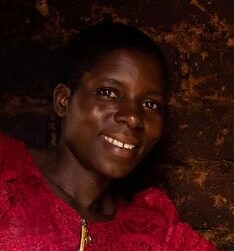
Now it only takes me a few minutes to finish cooking. Biogas is a lifesaver for our family. It is highly efficient, affordable, and convenient.
Her husband, Elieza Mtafya, a member of the AMCOS farmer organization, highlights another financial benefit. The family previously spent up to 4,600 Tanzanian shillings ($2) per week on kerosene. With biogas, they now have a cheaper, more dependable energy source.

We generate enough energy for cooking and lighting with the biogas digester. It produces sufficient gas to fuel a cooking stove and multiple gas lanterns.
Beyond energy savings, Elieza notes that farmers in the village use biogas slurry as fertilizer, increasing crop yields and even generating additional income when sold.
BIOGAS: A COST-EFFECTIVE AND ECO-FRIENDLY SOLUTION
Biogas is produced naturally from the decomposition of organic waste, such as cow dung. By capturing methane that would otherwise escape into the atmosphere—a potent greenhouse gas—biogas technology helps mitigate climate change. It also reduces reliance on fossil fuels, cuts household energy expenses, minimizes pollution in landfills, and improves indoor air quality by eliminating harmful smoke from traditional stoves.
According to Meliha Mtafya, adopting biogas has enhanced cleanliness in their homestead and improved her family’s health. Women from neighboring homes now frequently visit her boma to prepare breakfast using her biogas stove. She actively encourages others to adopt this technology, emphasizing its affordability, simplicity, and positive environmental impact.

Widespread adoption of biogas digesters will significantly reduce deforestation in our region and help fight climate change.
HOW BIOGAS DIGESTERS WORK AT THE HOUSEHOLD LEVEL
A biogas digester is a simple yet effective system that transforms organic waste into a clean energy source. The process involves mixing cattle waste with water to create a slurry, which is then loaded into an underground biogas digester. Over time, methane gas forms as the organic material decomposes. This gas is then channeled through underground pipes into the home, where it fuels a cooking stove and lanterns. Once the methane is extracted, the remaining slurry can be used or sold as nutrient-rich fertilizer for crops.
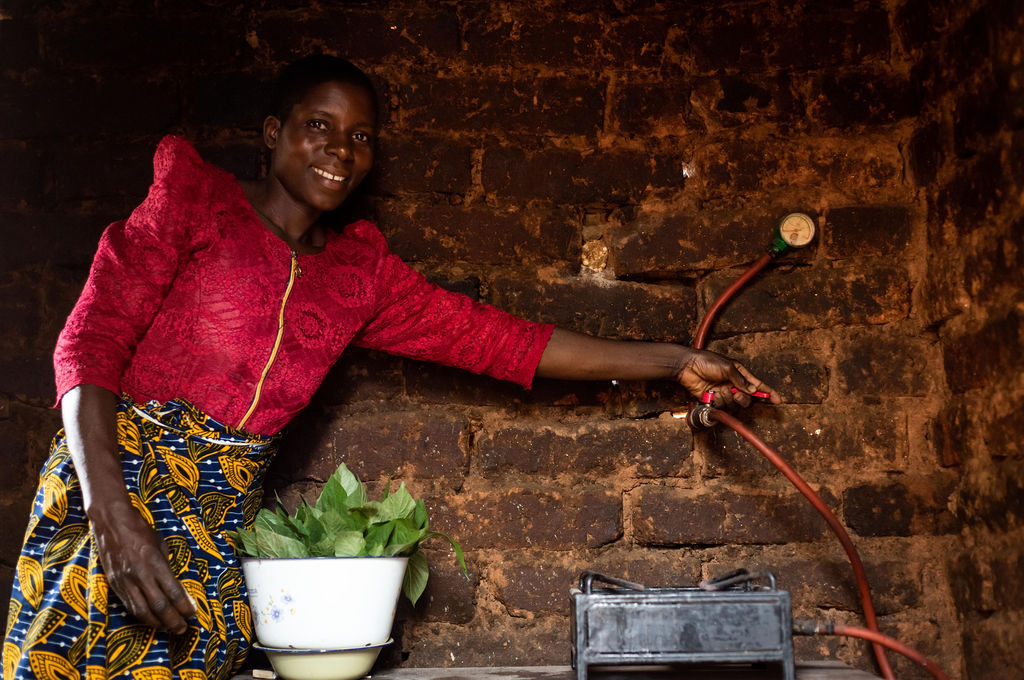
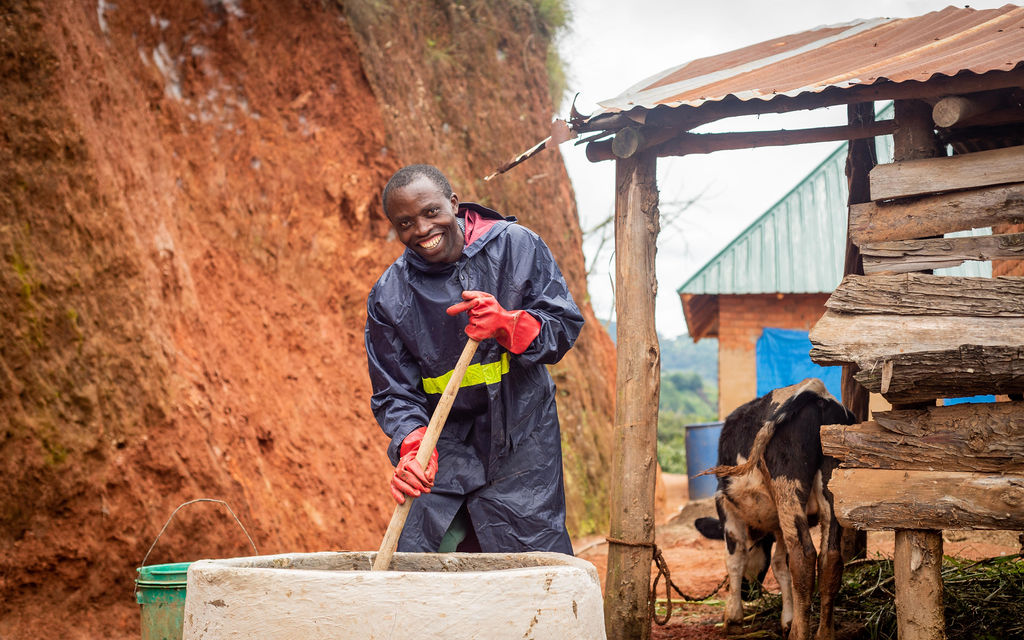
A CLIMATE-SMART FUTURE WITH BIOGAS
Expanding the use of biogas digesters across rural Tanzania can help communities transition away from firewood-based energy sources. This shift not only fights climate change but also eases economic burdens and protects vital natural resources. By investing in biogas, rural households can embrace a healthier and climate-smart future—one meal at a time.